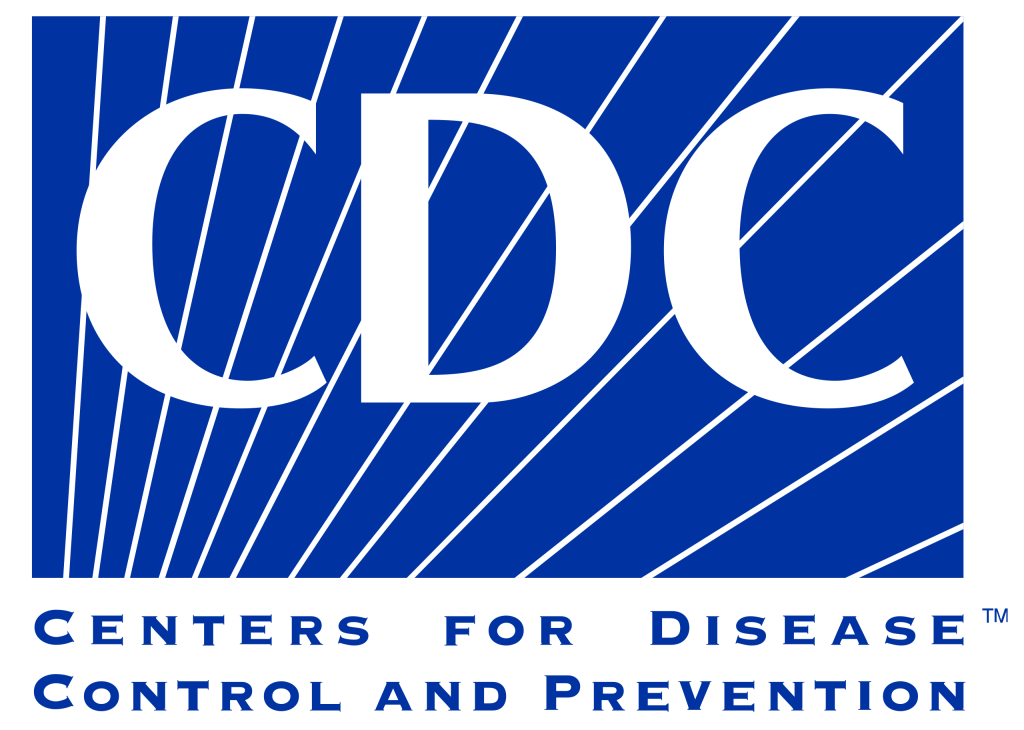Are you ready?
The term refers to the steps you take to make sure you are safe before, during and after an emergency or natural disaster. These plans are important for your safety in both natural disasters and man-made disasters.
Emergency Preparedness Information
Creating a plan for what to do in an emergency is necessary for everyone. Disasters come in so many forms and no one is immune from the expected: Severe weather, tornadoes, hurricanes, flooding, earthquake, fire and so on…Have a strategy in place before something bad happens is key to maintaining you and your family’s comfort and safety.
Emergencies happen across the country in various forms: hurricanes, tornados, floods, fires, terrorist attacks, and other natural and manmade disasters. In emergencies, up-to-date information is lifesaving. But too often, this information is not accessible to deaf and hard of hearing people.
The time to prepare for an emergency is before it happens.
Communication systems must be put in place in advance – before an emergency happens – to make sure deaf and hard of hearing people know about emergencies and how to respond. There is no “one” system that is best for alerting citizens in an emergency. Instead, emergency communication systems should be “redundant” – the message should be sent out to as many people and in as many formats as possible (by television, radio, phone/TTY, computer, cell phone, text messaging, pager, and other means).
- Some private companies and government agencies provide emergency alerts through e-mail systems and text messaging. These systems can offer quick transmission of critical information to people with the appropriate devices and updated contact information. Some communities have a system for the police department or other emergency notification agency to make emergency voice and TTY calls to inform people in a designated area. To see if your local government offers this type of emergency notification, contact your area NON-EMERGENCY police number.
- State and local governments and emergency service providers may have planning committees, meetings, and training programs to help people prepare for emergencies. In most cases, these organizations are required to ensure effective communication with deaf and hard of hearing individuals by providing accommodations, such as qualified interpreters, CART, assistive listening devices, or other auxiliary aids or services.
In addition to accumulating the necessary basics, your plan should focus on the following:
- The best way to get to safety (in home and away from it)
- Methods of communication
- How to reunite after the disaster
Right now is a good idea. Preparing for an emergency situation begins long before anything happens.
Talk to the whole family and mutually agree on the different communication signals that you have in place. Remember that a lot of the times during a crisis situation that phone lines and cell towers go down so you need a back up plan of communication. Pick a family member or friend who doesn’t live in your area to be a contact point for everyone to check in with. During a disaster the first thing anyone needs or wants is reassurance that everyone is accounted for and safe.
Early preparation should also involve accumulating an emergency preparedness kit that can be quickly grabbed in any situation.
Five necessities of survival:
- Water
- Food
- Energy
- Shelter
- Security
Get A Kit
You should have a three-day supply that includes:
- Food and one gallon of water per person per day
- First aid supplies
- A flashlight with extra batteries
- Any prescription medications you or a family member takes daily
- A battery powered radio
Hearing aids
Store hearing aid(s) where you can easily find them after a disaster. For example, you could keep them in a container by your bedside and attach the container to a nightstand or bedpost using a string or Velcro. Missing or damaged hearing aids will be difficult to replace or fix immediately after a major disaster.
Batteries
- Store extra batteries for hearing aids and implants. If possible, store an extra hearing aid with your emergency supplies.
- Keep your pager, captioned telephone and other communication equipment charged.
- Maintain batteries and store extras for your TTY and other communications equipment. Check the owner’s manual for proper battery maintenance.
Make A Plan
Creating an emergency preparedness kit and making a plan can lessen the impact of an emergency.
- Learn about the types of emergencies that can occur in your area.
- Ask about the emergency plans at your work, your school, and around your community.
Since you may not be with your family or loved ones during a public health emergency, it’s important to:
- Decide how you will contact one another.
- Decide how you will get back together if separated.
- Decide on plans for evacuating, if needed
- Identify an out-of-town contact and make sure everyone can get in touch with that person.
Be Informed
Creating an emergency preparedness kit and making a plan can lessen the impact of an emergency.
- Learn about the types of emergencies that can occur in your area
- Ask about the emergency plans at your work, your school, and around your community
Since you may not be with your family or loved ones during a public health emergency, it’s important to:
- Decide how you will contact one another
- Decide how you will get back together if separated
- Decide on plans for evacuating, if needed
- Identify an out-of-town contact and make sure everyone can get in touch with that person
Download the emergency kit checklist to get started.
Access to Emergency Information on Television
The Federal Communications Commission (FCC) has special rules requiring access to televised emergency information. The FCC rules require broadcasters and cable operators to make local emergency information accessible to persons who are deaf or hard of hearing, and to persons who are blind or have visual disabilities. This rule means that emergency information must be provided both aurally and in a visual format.
FCC rules require broadcasters and cable operators to make certain emergency information accessible to persons who are deaf or hard of hearing, and to persons who are blind or have visual disabilities. This rule means that certain information about an emergency must be provided in both audio and visual formats.
Tips
- Book an interpreter.
- Talk directly to your patient, not the person interpreting for them.
- Make sure you have your patient’s attention before talking.
- Maintain eye contact whilst communicating.
- Use normal lip movement.
- Speak at a normal volume.
Example: The ADA requires that when transporting a Deaf patient to the emergency room that firefighters or EMS call ahead and request a sign language interpreter. In addition to providing reasonable accommodations, the agency cannot charge a Deaf person for the communication access.
Tips
Top ASL Signs for Medical Emergencies
More will be added in the future.
Prepare to Protect With the New Emergency App (in American Sign Language)
(more apps will be added in the future.)
FAQS
Frequently asked questions
People who are deaf, deafblind or hard of hearing may text 911 or call 911 using their preferred form of phone communication (including voice, TTY, video relay, caption relay, or real-time text). If you do text 911 in an emergency, be aware that 911 dispatchers will ask you if they can call you.
Broadly defined, communication for deaf individuals occurs through visual, auditory or tactile modes (for individuals who are deafblind). Common visual communication modes include American Sign Language (ASL), Cued Speech, speech reading (lip reading), and gestures.
People who are deaf, deafblind or hard of hearing may text 911 or call 911 using their preferred form of phone communication (including voice, TTY, video relay, caption relay, or real-time text). If you do text 911 in an emergency, be aware that 911 dispatchers will ask you if they can call you.
 Official Government Website
Official Government Website



